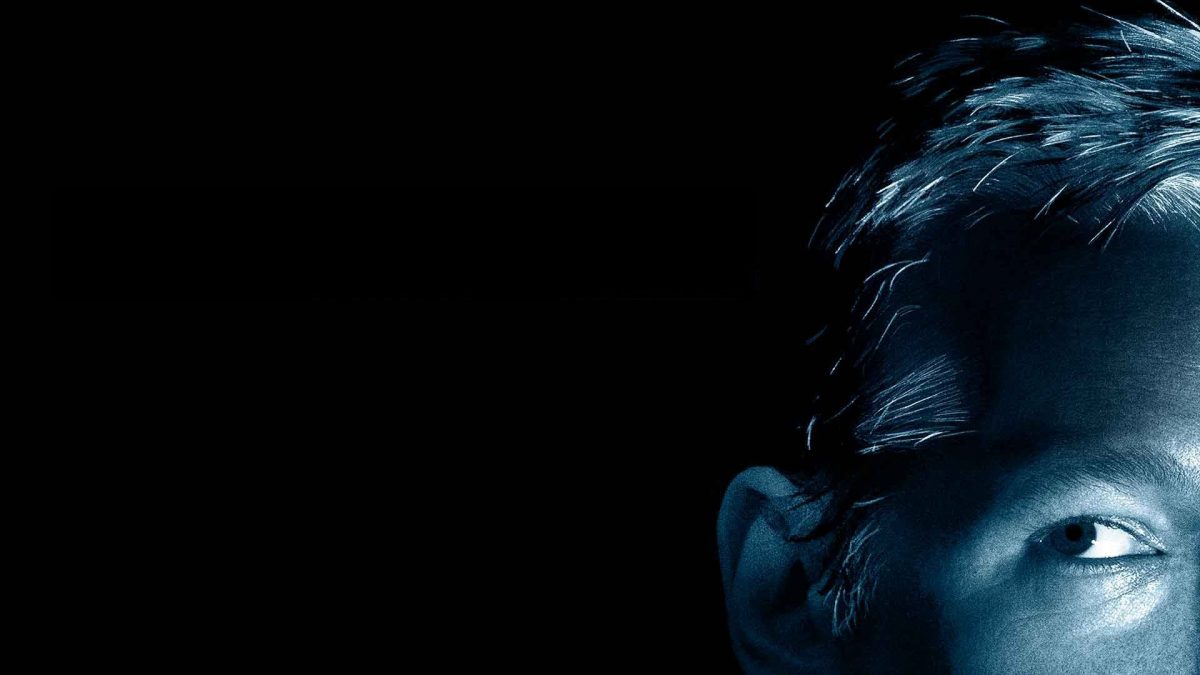 (2.5 / 5)
(2.5 / 5)
One of the key issues of our times, the freedom and right to information has become embodied in the figure of one person: WikiLeaks founder Julian Assange.
Unfortunately, the sociological debate has become caught up in the issues surrounding Assange, the accusations against him, his flight and taking refuge. That’s where We Steal Secrets: The Story of WikiLeaks, the newest documentary by Oscar-winner Alex Gibney comes in.
Opening with the 1989 attack on NASA computers by a malware program known as the WANK (“Worms Against Nuclear Killers”) worm, We Steal Secrets documents Assange’s rise and fall – from small-time anarchist hacker to the most wanted man on the planet. Full of glossy digital transitions illustrating such abstract concepts as “the Internet”, Gibney’s voice-over guides us through talking heads with a former CIA chief and newspaper journalists, each with their own perspective on Assange and the issues at hand.
The problem with We Steal Secrets, however, as it suggests is in true in real life, is the conflation of the two. The film walks a tightrope, providing verification for the charges leveled against Assange while exploring the possibility of a smear campaign by the US government. The film takes no liberties and, with its intense focus on Assange, never truly gets to grips with the global ramifications of “leaking”; with why it matters beyond legality and the immediate backlash.
Like a previous Gibney documentary, Enron: The Smartest Guys in the Room, the film is, in part, about hubris – Assange, at one point, refers to himself as “untouchable” – but while Enron evoked moral outrage, We Steal Secrets has too much in the way of narrative and too little revelation. Though clearly pro-whistleblower, the film might have benefited from taking more of a side: tightrope walking is only impressive if the position seems at all precarious.
If We Steal Secrets has a heart, it’s the tribulations and trial of Bradley Manning, the US soldier who leaked thousands of classified documents to WikiLeaks at cost of his current incarceration. The film’s bitter end, however, precedes Mannings, culminating with his torturous three-year incarceration, though his online chats with hacker Adrian Lamo provide much-needed insight into his state of mind, as well as providing a framework to Gibney’s narrative.
Fatally, though, Assange’s involvement in We Steal Secrets is limited to use of prerecorded footage. Gibney claims that this was down to Assange’s demand of a million dollar fee for his involvement. In any case, its subject attacked Gibney’s film even before its release as “unethical and biased”, particularly, Assange claimed, in its title.
While it’s former CIA director Michael Hayden who speaks the fated phrase in reference to the need for secrecy in the intelligence community, it’s clear that no one, not the self-interested Assange or the vindictive US government, comes out of We Steal Secrets looking particularly shiny.
Alex Gibney’s latest is something of a chocolate Easter egg of a documentary – polished but slightly hollow, it fills you up but is never quite satisfying. While, perhaps, good journalism – though some have called even that much into question – it seems we’ll have to wait for The Fifth Estate, the Bill Condon-directed film starring Benedict Cumberbatch as Assange, due out next month, for a more dramatically satisfying – if fictionalized – rendition.
